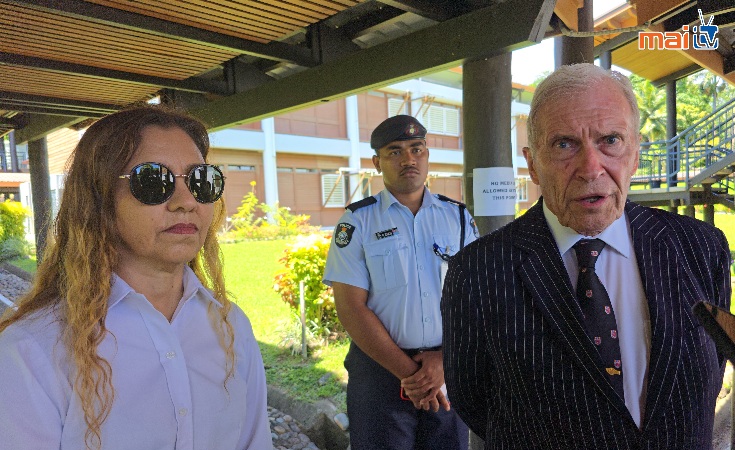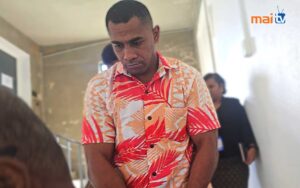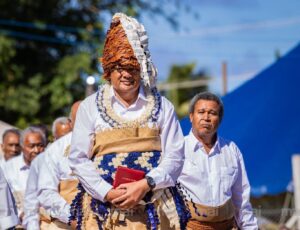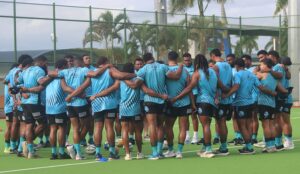The Commission of Inquiry (COI) into the appointment of lawyer Barbara Malimali as the Commissioner of Fiji’s anti-corruption body will be seeking an extension to conclude its work, citing the amount of evidence yet to be reviewed.
Originally scheduled to complete hearings this week and submit its report by the end of this month, the commission is now seeking to extend the process until the end of February. This is to ensure all witnesses summoned to give evidence on the investigation into the appointment of Malimali as head of the Fiji Independent Commission Against Corruption (FICAC) last year appear before the commission to give their accounts.
As of now, the COI has heard evidence from only seven out of the 35 witnesses summoned, a factor Supreme Court Judge Justice David Ashton-Lewis, who is leading the inquiry, acknowledged as central to the request for more time.
“We have gone through seven. We still have 28 to go,” Justice Ashton-Lewis said. “We will finish the evidence around the 27th of January. And to write a report on all these evidence, it is going to take at least a month, so we are going to see if we can extend until about the 28th of February.
“He [the President] understands it if this report is to be done, 35 witnesses have to be seen and we have seen seven. I think he will [grant the extension], but I can’t speak for him.”
The commission which includes senior barrister Janet Mason, is tasked with determining whether the process that led to Malimali’s appointment in September last year adhered to the law. Its terms of reference include examining whether the appointment was influenced by vested interests, particularly regarding ongoing FICAC cases involving high-profile individuals, including MPs, Ministers, and senior public servants.
Justice Ashton-Lewis explained the inquiry’s scope, stating: “It is about the method and manner of her appointment. We will look at whether there was interference, if it was not proper. And if we say yes, then did that interference breach proper appointments?
“At the end, once we have looked at all the evidence, it is much easier to draw a picture if there was some intentional bad behavior. It’s too early to say [if the JSC or COC acted wrongly]. They carried out their functions which they have to do under the constitution. You can’t reach a decision until you’ve looked at everything.”
Senior barrister Janet Mason also underscored the broader implications of the inquiry, stating that it is not just about individuals but also the integrity of institutions involved including FICAC, the Judicial Services Commission (JSC), and the Constitutional Offices Commission (COC).
“This inquiry is also about institutional integrity. Of course, there are individuals involved, but overall it’s looking at all those institutions involved,” Mason said.
According to Mason, witnesses have thus far provided factual accounts without bias.
“No one really [is taking sides]. They are giving evidence on their involvement, what they saw, and what they heard. The state officials have been very professional. They are just being factual and giving us the evidence we require,” she said of the seven people who have appeared since the inquiry started last Monday, the latest being the manager of FICAC’s investigations team.
Speaking briefly to the media today, Malimali’s lawyer Tanya Waqanika said that her client was coping well and would be available to sit through the proceedings including the extension, if granted. Malimali, on the other hand, remained mum about the proceeding.









